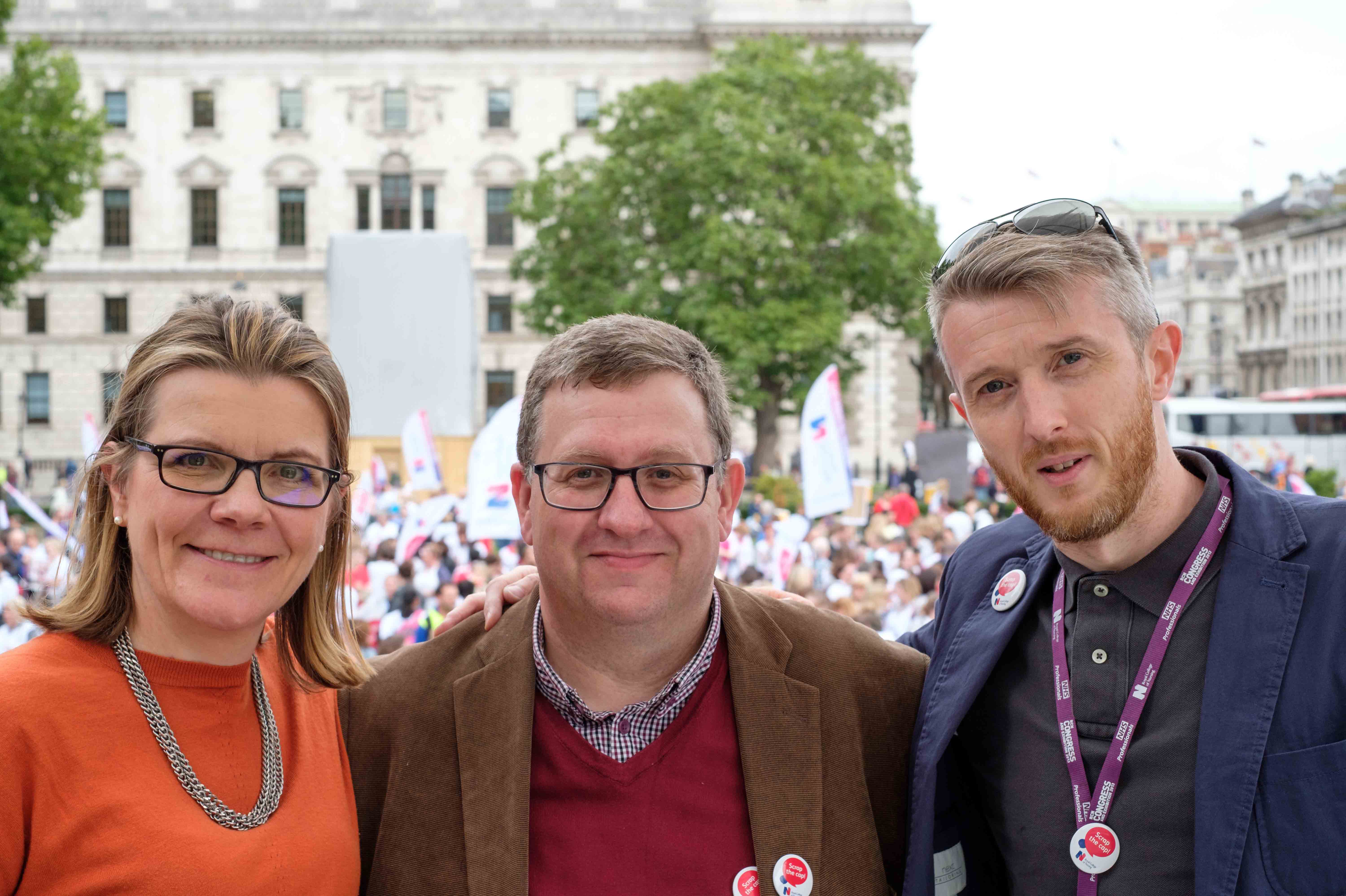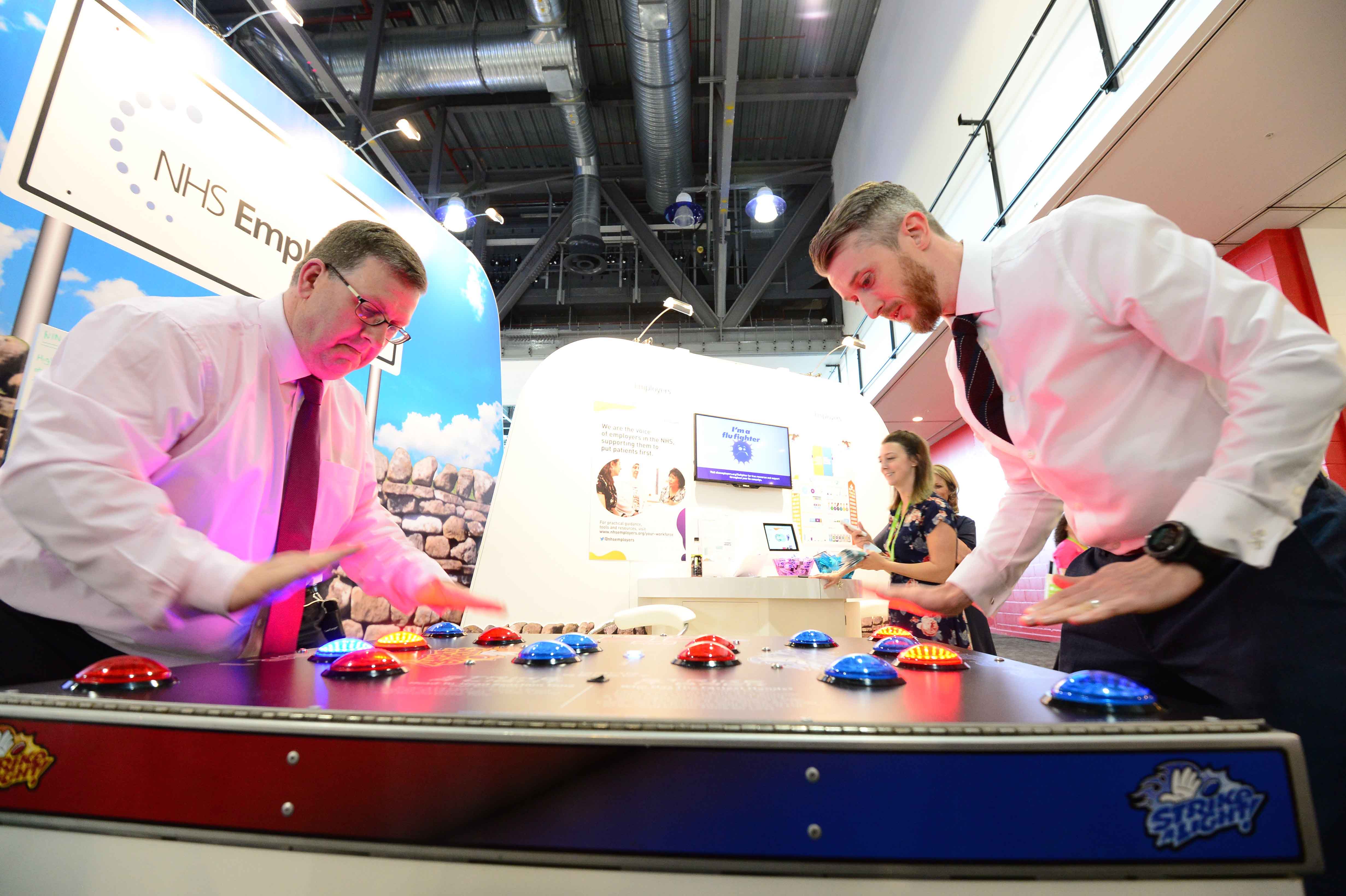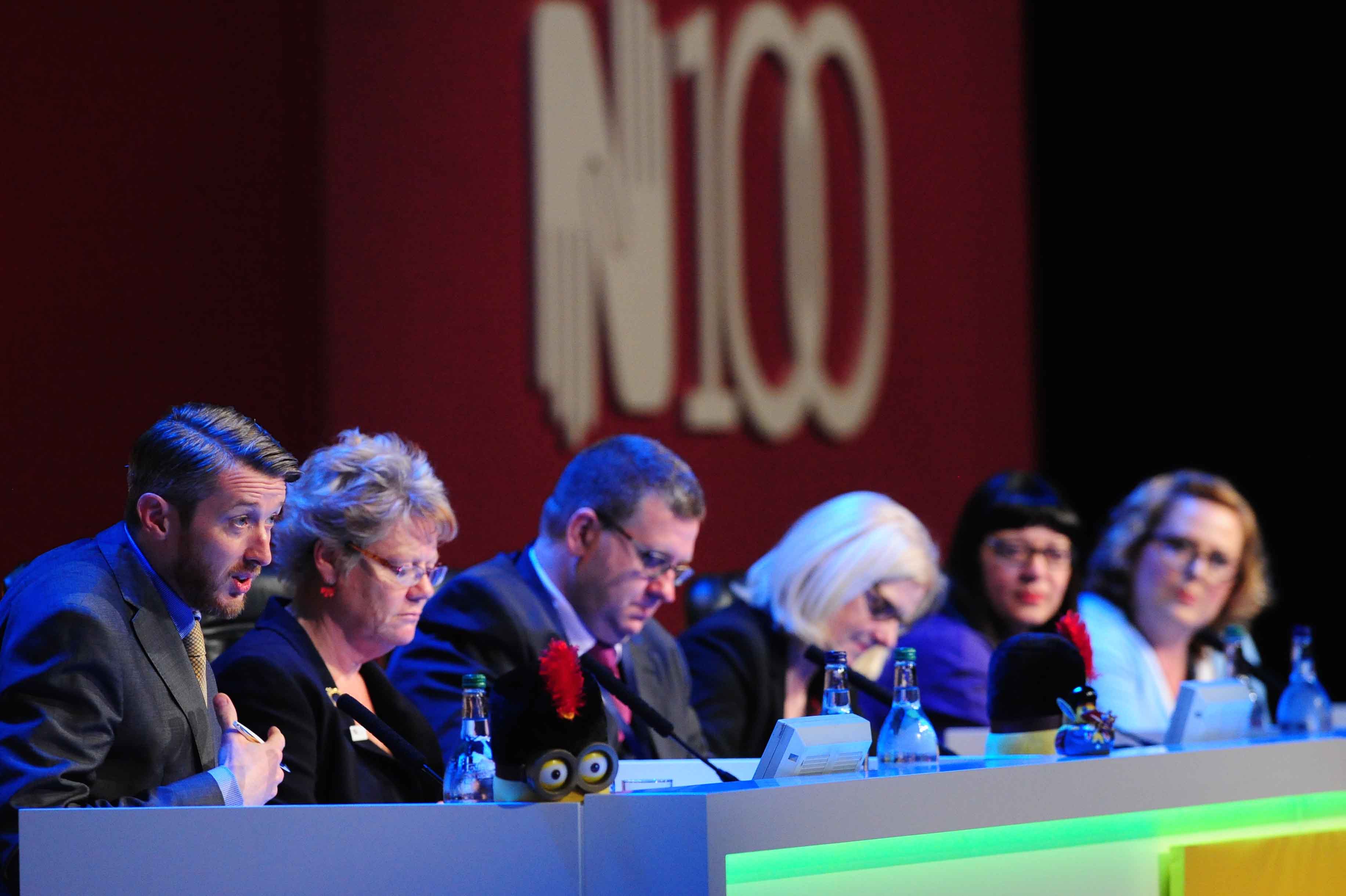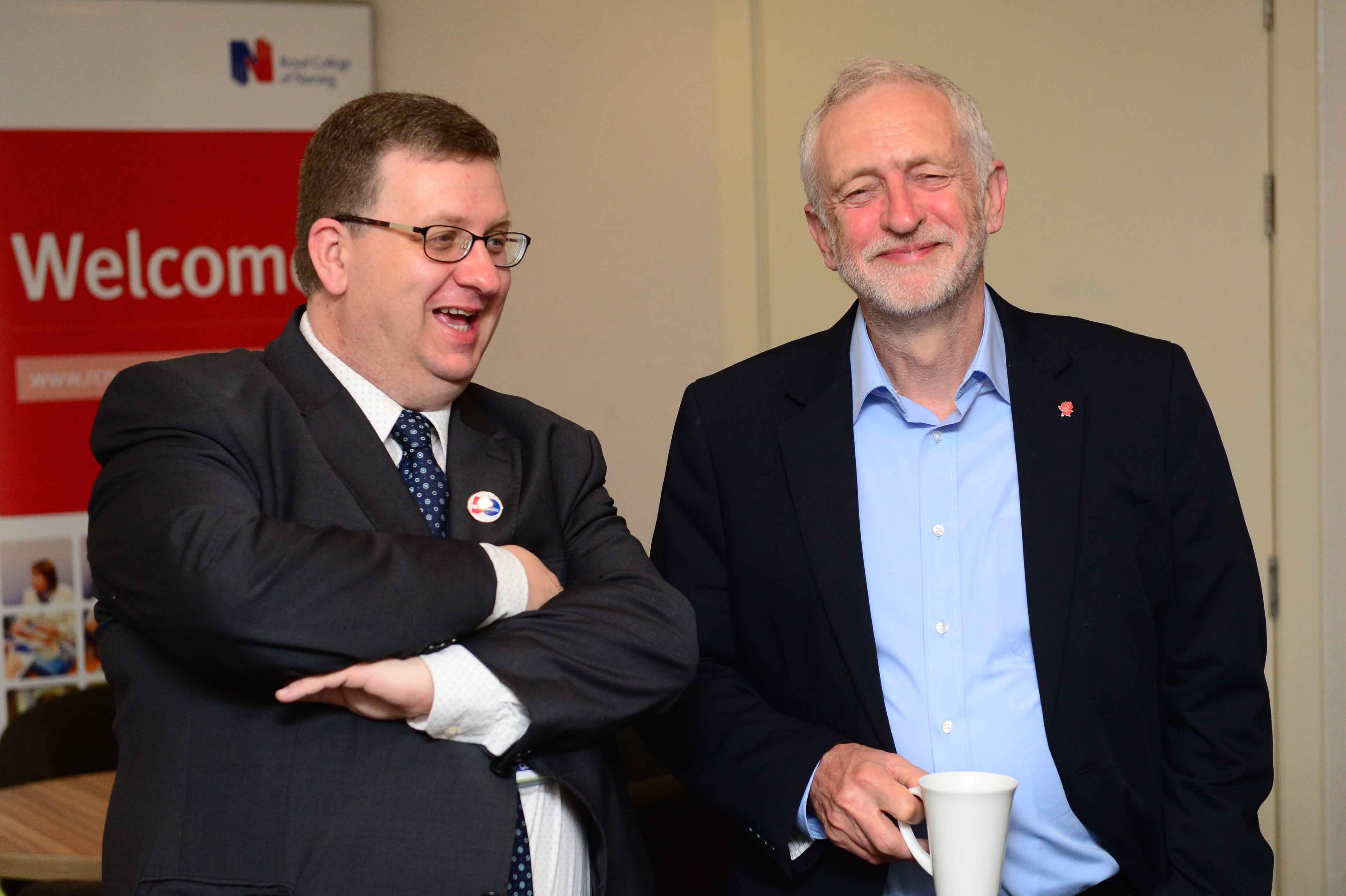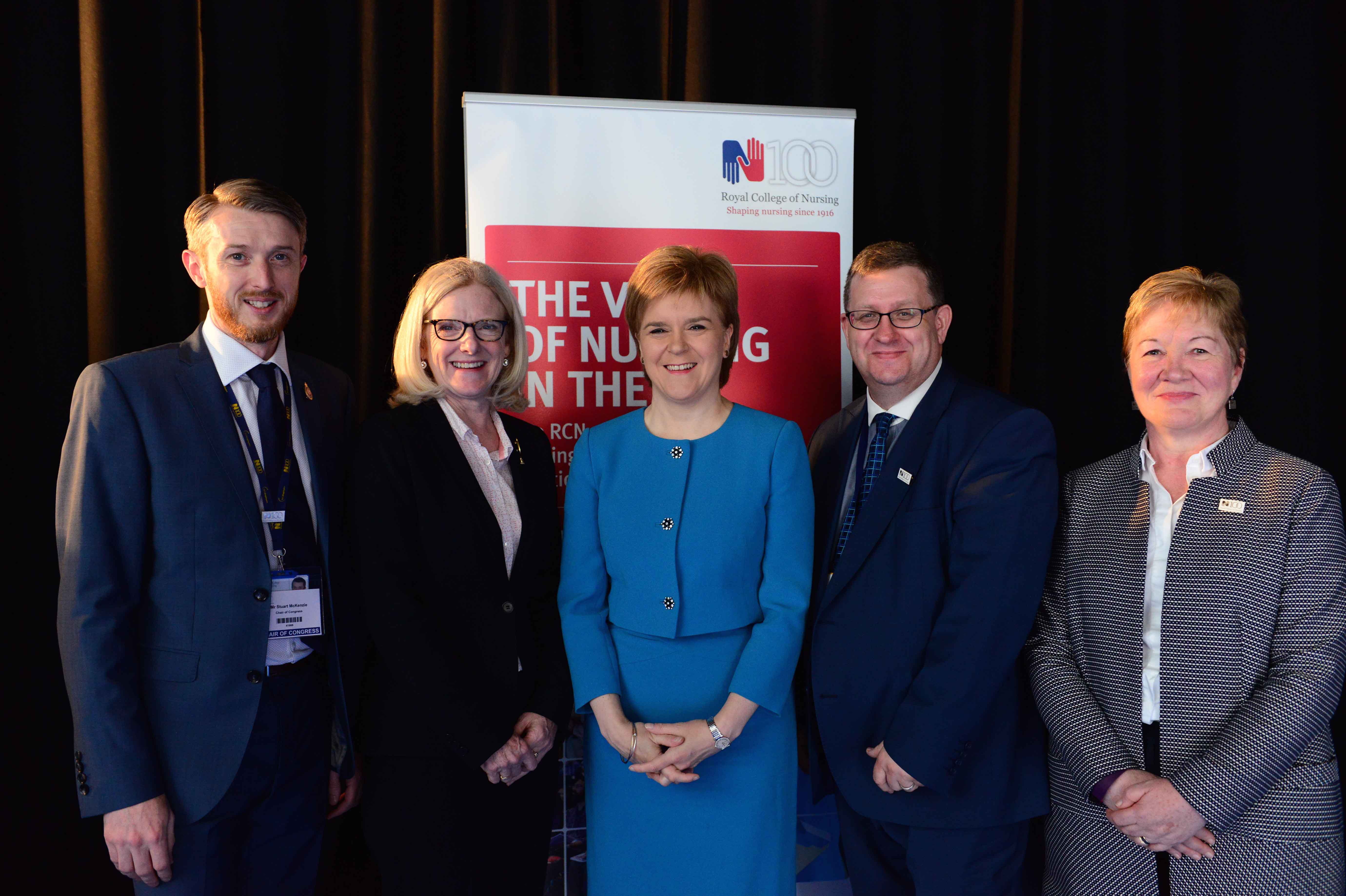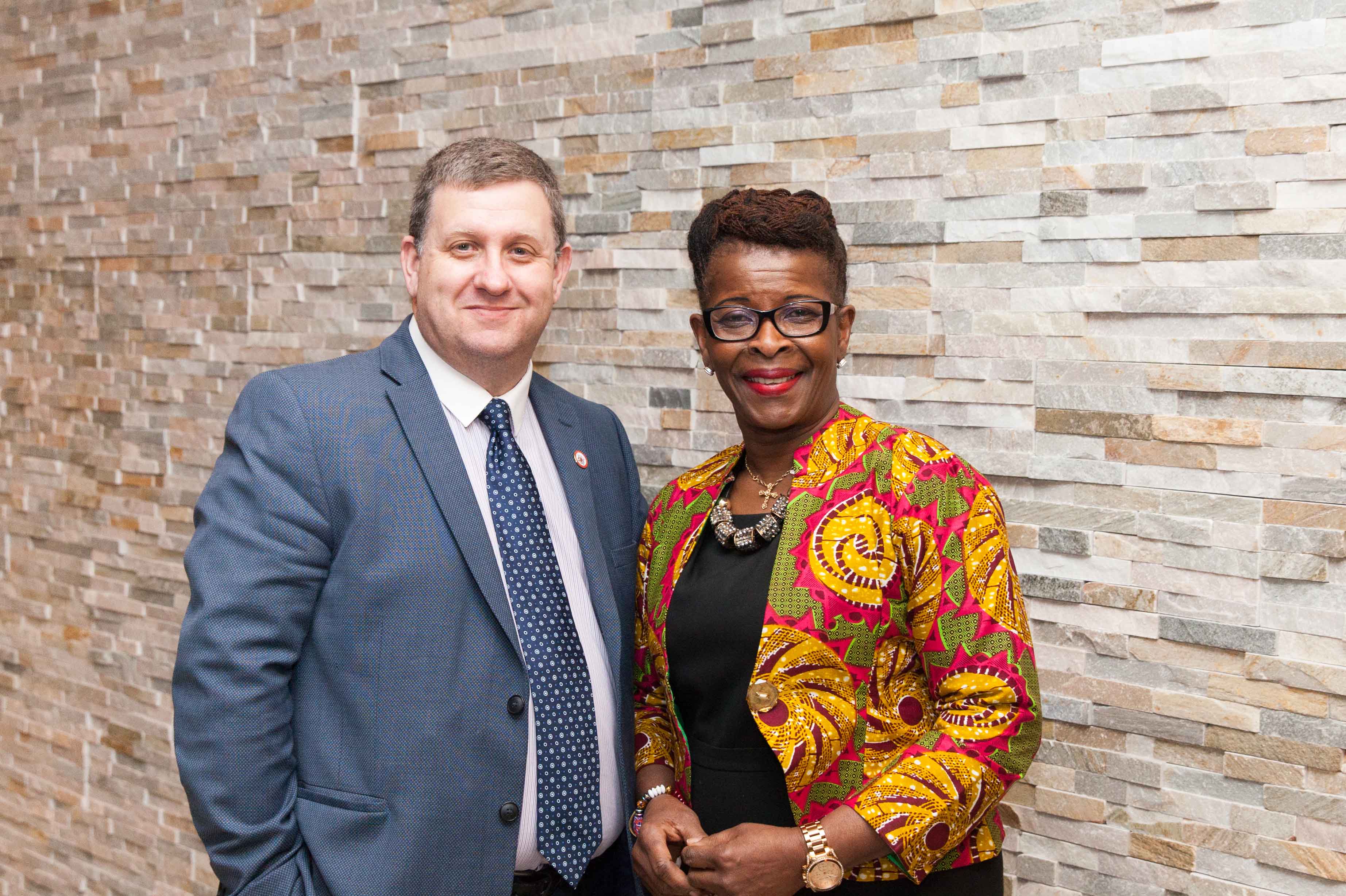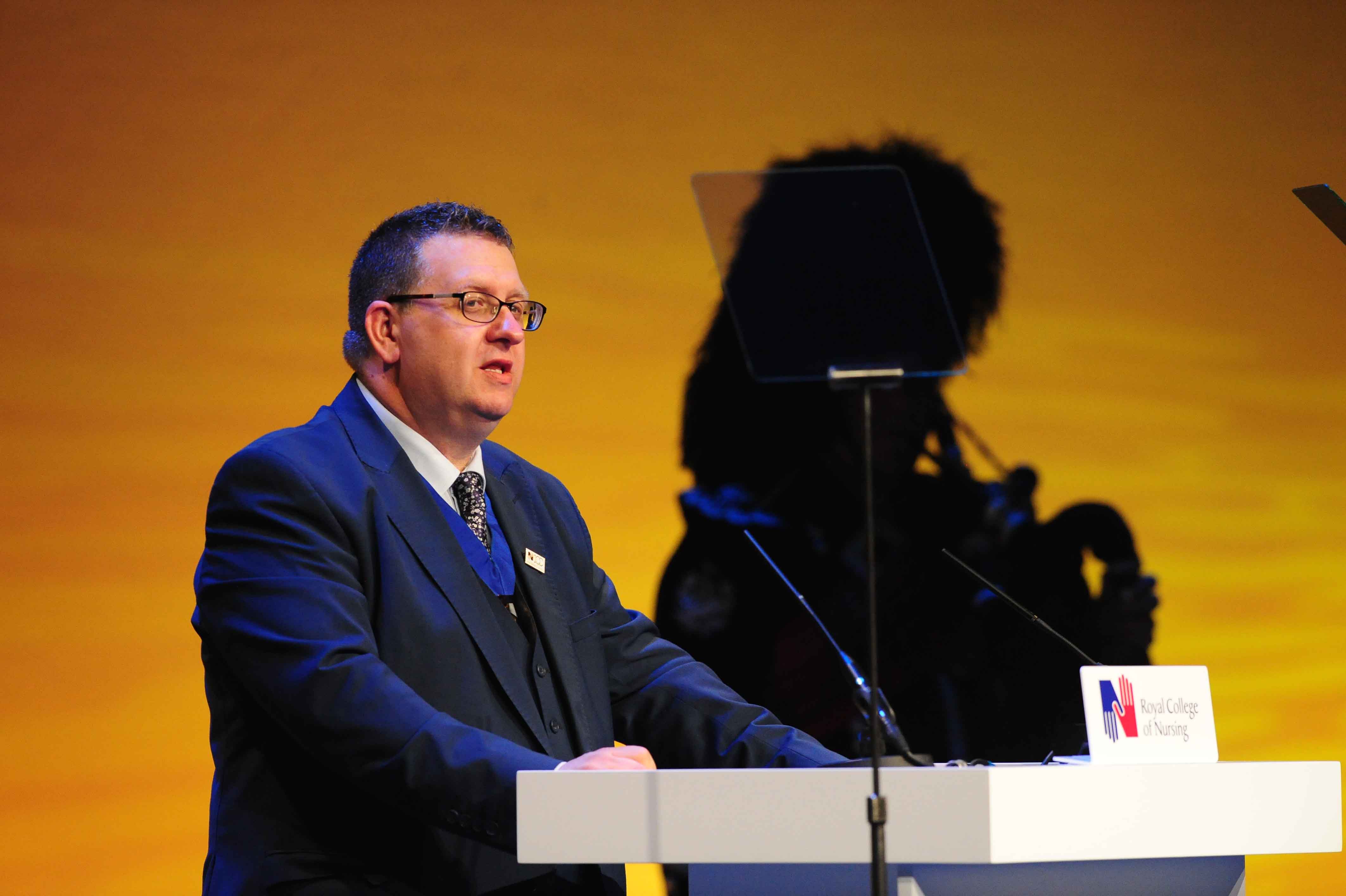How did you feel when you were first elected to Council?
I was pleased to be elected in a contested election of four highly respected RCN members. I felt members had put their faith in me. But when I first started it was a real grounding for me and I had to develop an understanding of how everything worked.
And when you became Chair?
I’d served as Vice Chair under Kath McCourt’s leadership but was proud and felt I had the approval and confidence of the other Council members to steer Council in the right direction.
Have you achieved what you set out to do?
When I became Chair of RCN Council my priority was to increase member engagement and involvement in Council decision-making and I think I’ve done that. We now hold consultations across the whole of the UK, on a range of issues. And I’ve made every effort to work with members through social media, on a face-to-face basis and by email.
And your involvement in changing the structure of Council?
It felt like a brave move chairing the work to review Council. It took about 18 months but I had to get it right. Council is now leaner, more transparent and we’ve taken away some of the bureaucracy that was there before. But the work isn’t over yet – we must continue to evolve and evaluate.
How do you feel about this summer’s Scrap the Cap campaign?
I was so impressed by the level of support I saw. We can only achieve in this kind of work if people get behind us. Our resolute campaigning is now moving on as we demand the pay gap is closed. It’s essential that the NHS pay review body acts independently for the future of nursing to be assured.
Any unexpected moments?
Not everyone sees things through the eyes of Council so every day brings something unexpected! I didn’t expect the level of support and challenge I had but challenge is good because it makes us all think differently. Brexit and this year’s general election were pretty unexpected too and showed that you can never be complacent.
Would you have done anything differently if given the chance?
Every day I reflect on the decisions I make. There’s often a multitude of ways to go forward but on the whole, I think I’ve taken the right track.
What advice would you give to the next Chair of Council?
Listen to what members tell you and remain open to challenge. Work collaboratively with the new committees, don’t take on too much and remember you’re not alone. You have Council and 435,000 members behind you.
How would you like to see the RCN developing over the next decade?
We must build our role as the voice of nursing, setting the agenda, not just following it. We must be the catalyst for change. It’s important for the new professional and trade union committees to be strong and stay ahead of the game.
Any message for activists who might be thinking of standing for Council?
If you’re ready, put your hand up, but take some time to research the role first. Remember the knowledge and skills you’ll develop if elected are second to none and you’ll have support from staff with a great knowledge of union and nursing policies. Working on Council will really open your eyes to what’s happening in nursing, not just in the UK, but internationally.
What’s next?
Although I’m standing down from my high-profile RCN roles on 31 December, I’ll always be there in the background, supporting members locally. My role as nursing workforce manager will keep me very busy, but I will have time to reflect and enjoy being at home every night and not being at airports and train stations all the time.
Did you enjoy it?
Absolutely. I thoroughly enjoyed my time working with members and staff as Chair of RCN Council.
Looking back
We revisit some of the highlights from Michael's four years as Chair of RCN Council.
Did you know?
Michael qualified as a nurse in 1989 and was elected to the Scottish seat on RCN Council in 2009. He’s been Chair of the Scotland Board since 2010 and Chair of RCN Council since 2013 but continues in his role as a nursing workforce manager at NHS Ayrshire and Arran. He’s also an RCN steward and safety representative.



